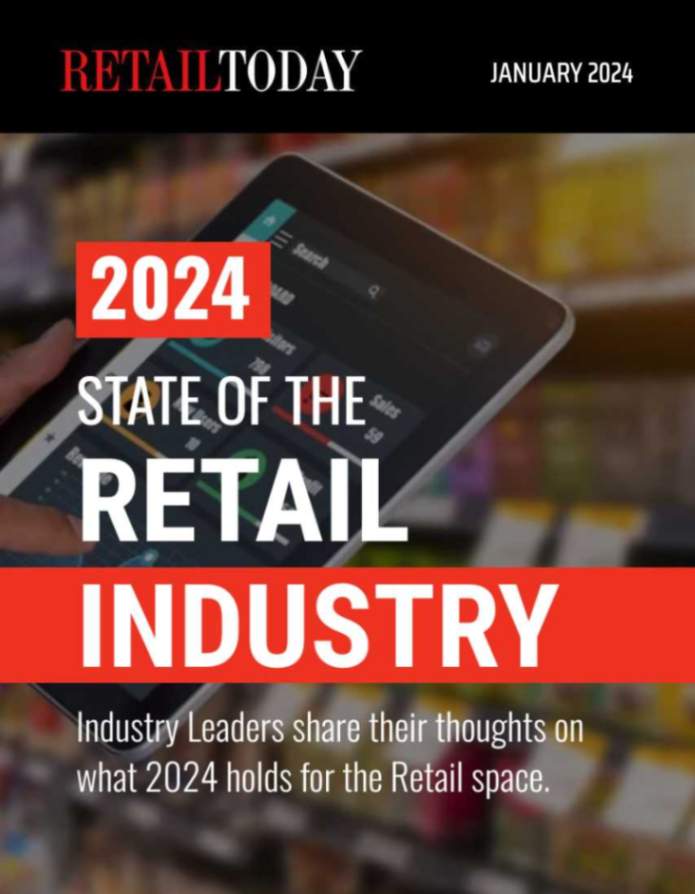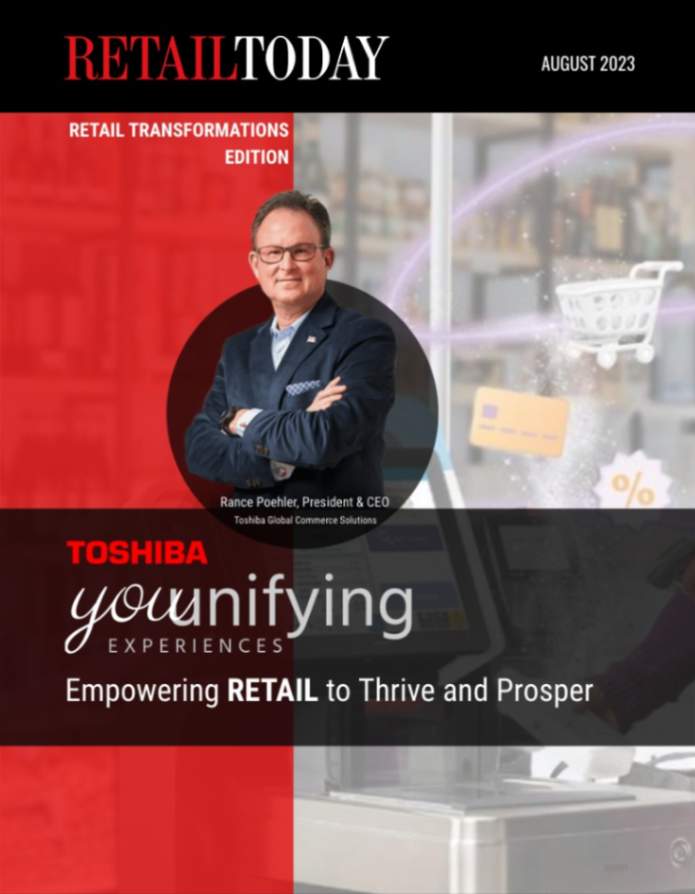
APIs, or application programming interfaces, have become increasingly popular in recent years due to their unique ability to help organizations prioritize innovation and growth without having to break the bank. With the potential of a recession growing by the day and retail sales in flux APIs have become a power tool for retailers looking to grow and scale while simultaneously creating a highly efficient business model.
Below are three ways in which retailer can adopt and implement APIs in order to help them grow and succeed in a bear market.
Save Time and Increase Productivity
While customer-facing jobs within the retail sector have grown at a faster rate compared to the greater economy, retailers are finding themselves tasked with embracing a “do more with less” mindset. While this mentality can help organizations see immediate benefits to their bottom line, it does come at the risk of an increase in burnout and over time, a decrease in productivity. This however, is where APIs shine. Through APIs, retailers can more efficiently enable their systems to communicate with one another, making it significantly easier to build automated workflows, which can reduce the need for time-consuming tasks such as manual data entry. By automating the flow of data, retailers can also make it easier for their employees to have everything they need within a single interface, reducing the amount of time toggling between windows, tabs, and applications to find what they need.
Simply put, APIs can help to reduce context switching and time spent on administrative tasks, making employees more efficient and more productive as they focus on key aspects of the business.
Access to First-Party Data
According to the Next in Personalization Report by McKinsey, 71% of consumers expect companies to deliver personalized interactions. At the same time, they found that hyper-growth companies are driving 40% more of their revenue from personalization in comparison to competitors. One of the best sources for retailers looking to capitalize on this trend is their very own first-party data, data that is collected directly from customers through channels such as email, calendars, app usage, website traffic, and more. First-party data is data that customers have already opted-into providing and through APIs, can be quickly and securely accessed and put to work.
By taking advantage of the information that already lives within your system and that is directly from your customers, retailers can access next level insights that can help them to hyper-personalize customer experiences both in person and online.
Smarter Scheduling
For better or worse, retail is notorious for unstable or fluctuating scheduling. This is expected to an extent, particularly during the busiest times of year. However, there is no denying that more efficient scheduling would be a welcomed benefit to workers, and a better employee experience can have a direct result in shaping a better customer experience. So how can you schedule smarter in order to both fit your business and employee needs? It starts with APIs.
APIs make it significantly easier for retailers to customize scheduling features and workflows and remove the back-and-forth with automated scheduling based on the availability of employees. Reduce no-shows and late arrivals by building automated reminders directly into your employees email and applications and build data-driven schedules based on employee availability, hours wanted, the roles you need, and much more.
As the worlds of technology and retail continue to collide, retailers who embrace APIs will be well-positioned for long-term success. APIs can be a valuable tool for retailers looking to grow in a hyper-competitive industry and have the ability to help retailers tackle today’s unpredictable market conditions while enabling them to continue building and innovating to stay ahead of the future.
As Co-Founder & CEO of Nylas, Gleb Polyakov is focused on empowering developers and their organizations to think big, innovate, and build a better future through APIs. With an emphasis on accelerating corporate growth and nurturing company culture, Gleb has been recognized by Comparably as one of the Top 50 CEOs in North America and led Nylas to its ranking on the Inc. 5000 list of fastest-growing private companies and its listing on the Deloitte Technology Fast 500.






